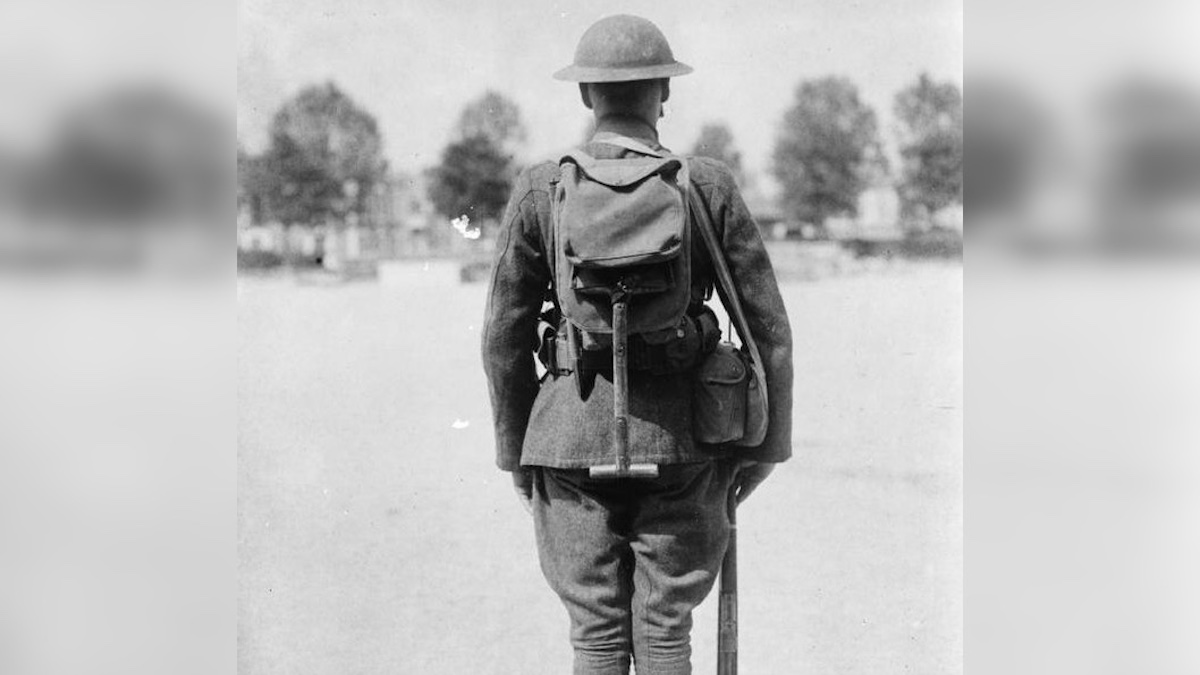
A truly remarkable piece of World War I history recently washed ashore on a remote Western Australian beach. In October 2025, a glass bottle containing letters dated August 15, 1916, was discovered.
The notes, penned by Australian soldiers, Private Malcolm Alexander Neville and Private William Kirk Harley, were written in pencil during their voyage to Europe. The messages, written with a jaunty and optimistic tone, arrived more than a century after they were tossed into the sea, the authors unaware of the carnage that awaited them on the Western Front.
An amazing discovery
Messages in a bottle written by two Australian soldiers a few days into their voyage to the battlefields of France during World War I have been found more than a century later on Australia’s coast…
— Archaeo – Histories (@archeohistories) October 30, 2025
The Brown family found the Schweppes-brand bottle just above the waterline at… pic.twitter.com/rKdccxLCq3
According to the BBC, the bottle was discovered by Debra Brown and her family on Wharton Beach in Western Australia during a routine beach litter cleanup. Brown noted that they never pass by rubbish, which is why they stopped to pick up the bottle lying among debris.
Inside, conservators later found two rolled sheets of paper. The notes were written in pencil, aboard the troopship HMAT A70 Ballarat, which had departed from Adelaide on August 12, 1916. The paper and handwriting survived because the bottle’s thick glass and narrow neck effectively kept out salt and sand for over 100 years.
The letters revealed specific, poignant details. Neville’s letter was specifically addressed to his mother, Robertina Neville of Wilkawatt, South Australia. He wrote cheerfully of his voyage, describing the food as “real good” and saying he was “as happy as Larry.”
In contrast, Harley’s letter was addressed “To the Finder,” as his own mother had already passed away, and he offered a kind sentiment: “May the finder be as well as we are at present.”
Harley and Neville’s war experience
What makes the discovery particularly emotional is the known fate of the two writers. Private Neville, who was 27 when he wrote the note, died in action in France in April 1917, less than a year after his departure. Private Harley, who was 37, survived the war and returned home to Australia. However, he later died in 1934 from cancer, his family linked to gas exposure on the front lines.
The discovery led to a successful search for descendants, including Harley’s granddaughter, Ann Turner, and Neville’s great-nephew, Herbie Neville. While the Brown family plans to mail the original, delicate letters to the soldiers’ families as a piece of personal and national history, they will keep the empty bottle and the brief covering note addressed to “The Finder.”
In a similar discovery in 2021, an amateur archaeologist in Alsace, France, unearthed a small metal capsule containing a message written by a French soldier during World War I. The message had been attached to a carrier pigeon, not tossed into the sea, but the soldier’s note was written during World War I and never reached its destination.
It described troop movements and daily life at the front. The Linge Memorial Museum in Orbey, France, now preserves it. Authenticated messages in bottles from this era are rare and prized, as they provide an unusually intimate snapshot of ordinary feelings amid extraordinary events.







